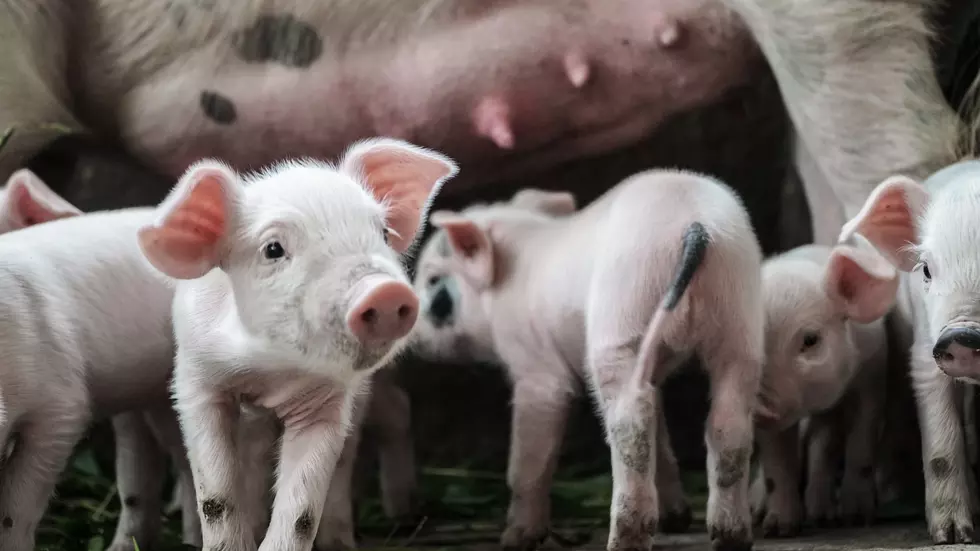
US Supreme Court Set To Make Decision On Iowa Farming
One year ago, pig farmers gathered at the Iowa Pork Congress wondering what was to come as we inched closer to the enforcement of California’s Proposition 12. At the time, the National Pork Producers Council was working to get a case against the rule heard in the Supreme Court.

Then at the end of March, news came that the Supreme Court picked up the case.
Back in 2018, California’s Proposition 12 was passed which changed the state's regulations for selling pork, eggs, and veal that were not bred in conditions that meet the state's requirements. This not only affects producers in California but producers all over the country, including Iowa.
Michael Formica, the Chief Legal Strategist for NPPC says that while the case was about pigs being raised in Iowa, the discussion in the court didn’t quite reflect that. Questions the Supreme Court asked in the case were on the lines of gender identity, LGBTQ policies, and even abortion.
But it's also symbolic of all these other issues. The facts matter. The facts of this actually helped because they have not dealt with a pig farming case before. But ultimately, it’s the policies that underlie all of this. So, how is that going to impact the structure of the Constitution? And how laws and, you know, relationships between the different states? How does that all play out? Not just between California and Iowa for pig farming, but between all 50 states.
Formica says it is likely a decision on the case could be released in late February into March. He adds that he is “cautiously optimistic” when it comes to getting a “favorable decision”, but there is always a possibility that won’t happen.
If we lose, the timeline is going to be variable. Prop 12 probably starts going into effect in the middle of the summer. If we win, it’s going to depend on what the court says. So, if we win and we got the decision we expect, then we probably end up back in district court and have more litigation over this.
Only 0.2 percent of breeding sows come from California, however, the state consumes 13 percent of the nation’s pork through national markets.
Take A Tour of CBL Farms
NE Iowa Blogger Sells Beautiful Farm With Cattle
More From AM 950 KOEL








